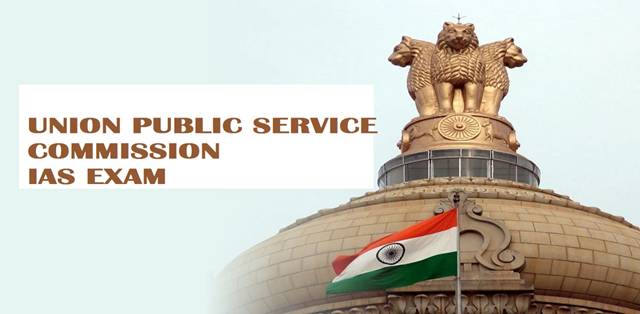Civil Services Coaching Talks IAS Reformation
Ask any top IAS coaching in Chennai or even former civil servants, and they will give you the same answer. The Indian Administrative Services are long, long overdue a reformation and the reason for it is pronounced. The Union Public Service Commission was established even before India gained its independence, 1926 to be exact. Since then, they have had the duty to administer the country. Yes, Sardar Vallabhai Patel brought an overhaul after independence to create an elite cadre of people who lead India with neutrality.

But those days have been decade gone. The time is high that civil services and the manner through which candidates are recruited for it were drastically changed. In this article, one of the Civil Services Coaching Centre in Chennai elucidated some of the reasons why reform is much-needed.
Why The Civil Services Need A Major Change?
Over the years, structural issues have crawled through administrative services. This was bound to happen with time and evolving technology. Currently, there is a distinctive pattern where the upper class and the urban population have emerged as significant representatives.
Back in the 1970s, it was students of government schools that produced most civil servants. Today, those who take the test in English dominate. While IAS aspirants who use Hindi medium do pass the exam, it is other minor languages that are failing. Even though the IAS test allows a person to take the test in language, the state recognises, minor linguistic groups come with a significant disadvantage.
A simple example of the disproportionate representation was made clear in a study conducted in 2006. It proved that the number of Muslim IAS officers did not fairly represent the total Muslim population of India. Roughly they make 12% of the Indian population, while the highest level of the civil services had only 3.15 % of Muslim officers.
The same applied to Indian Police Services. From 1981 to 2000, more than 3,200 officers were recruited. In this, only 120 were Muslims which is just slightly more than 3.5%!
· The defunct machinery needs an inside out transformation.
Another reason the civil services require transformation is the lack of discipline and ethics. The bureaucratic machinery does work, but it is failing to serve its purpose because the officers are not ethical enough to follow its guidelines. An example of it is Bihar’s administrative services. The finance secretary of the state in July 1975 noted the precarious position the state had reached.
Through the Treasury Code Rule 27, officers were using emergency funds for trivial reasons like purchasing a car for an SDO. That too of another district. The rule was put forth by the British to help collectors’ access money from the treasury when the state was in dire need of it. It was basically meant for circumstances like natural calamities such as earthquakes and floods. It was not meant to act pocket money to be dipped in anytime and for anything.
The lack of accountability has allowed officers to act irresponsibly. A reformation, done correctly, can change this slide in ethics and discipline.
The UPSC Conducted Exam Need An Overhaul Too
For some time now, people have been asking for a change in the CSE. The reason for it being that the UPSC conducted exam doesn’t truly test all the requirements of a faithful civil servant. Accepting the need for reformation, the present government put in a new rule. This rule allows ten experts to be recruited at the joint-secretary level. These experts have to be outside of the civil services.
Though some have accepted this change, others say it will lead to bias. By their nature, civil officers are politically neutral. By hiring outside of the services, the chances of including people with particular political inclination increase. This would unduly give the ruling party benefits.
There is not a doubt that the civil services and their recruitment exam need a welcome reform. The real question is what kind of change does it need and where should it be brought about. Even a single wrong move can bring down the entire bureaucratic machinery, which for decades has worked if not well then sufficiently.
